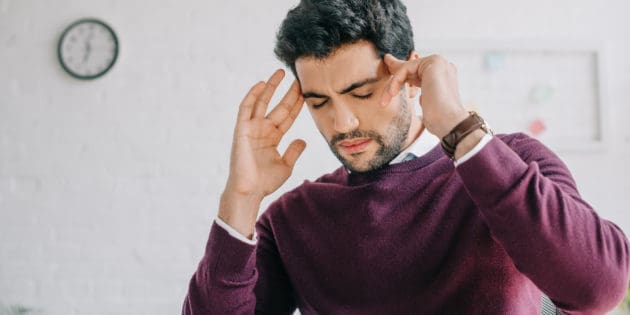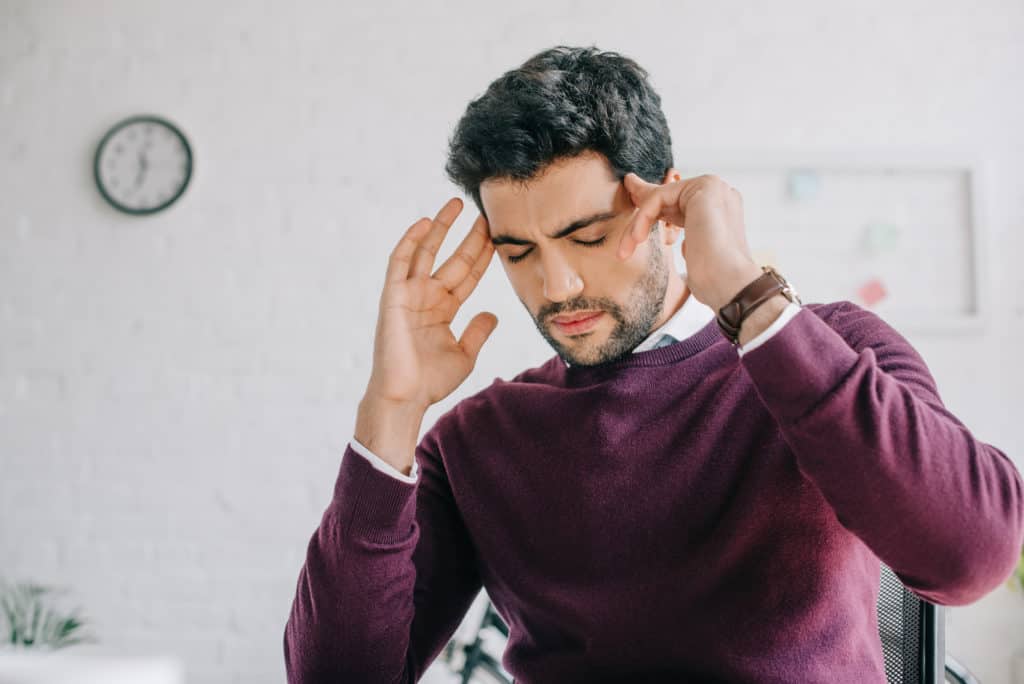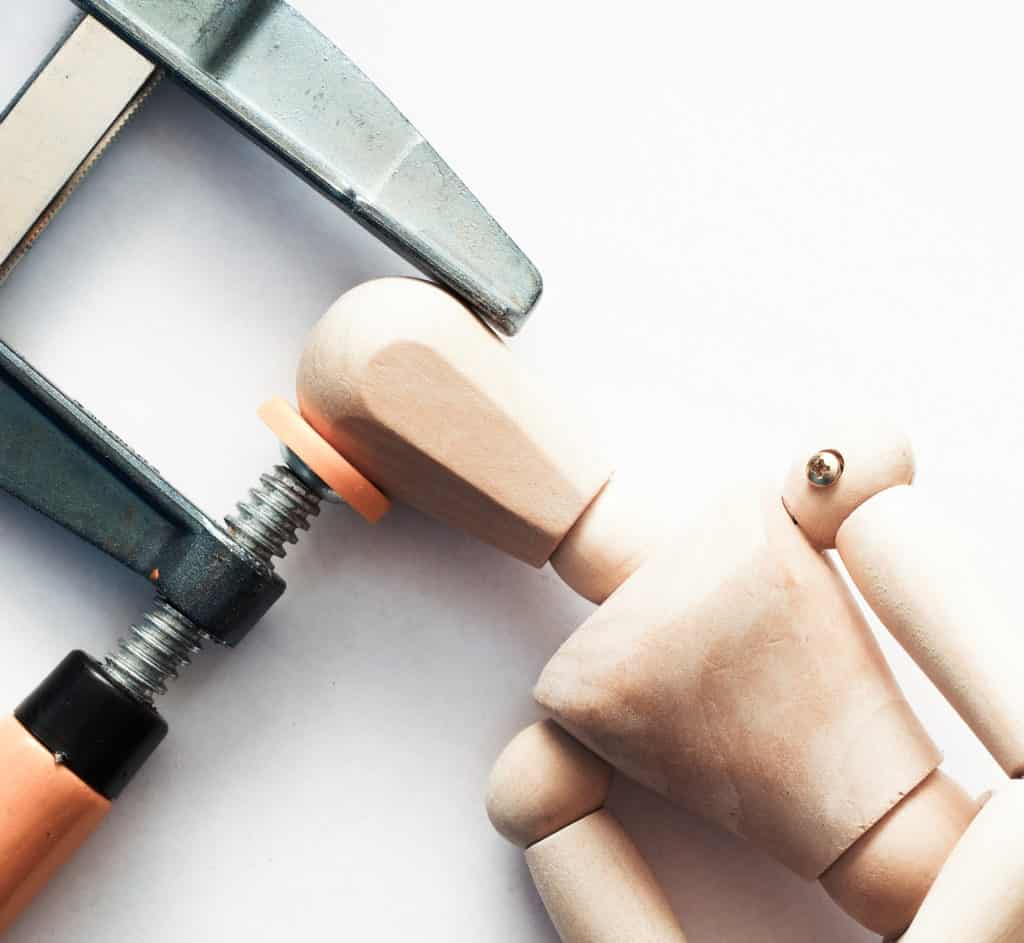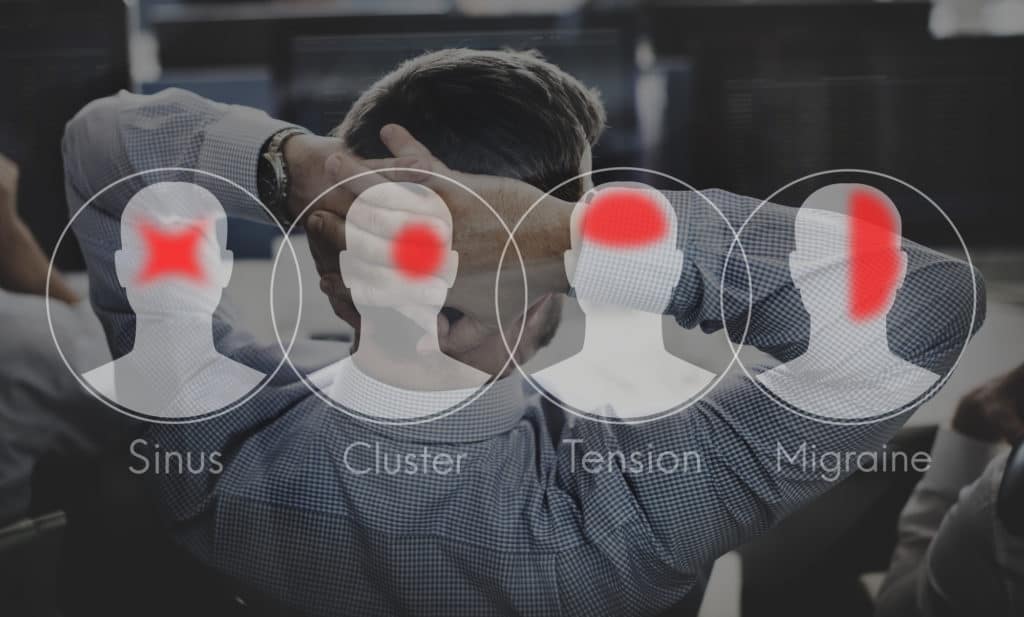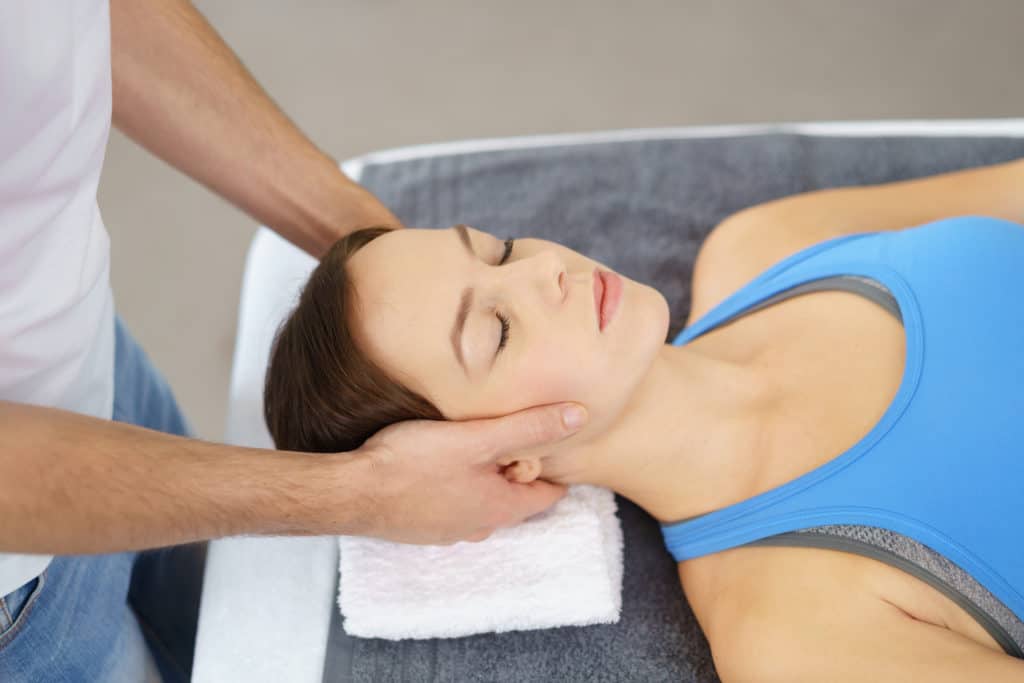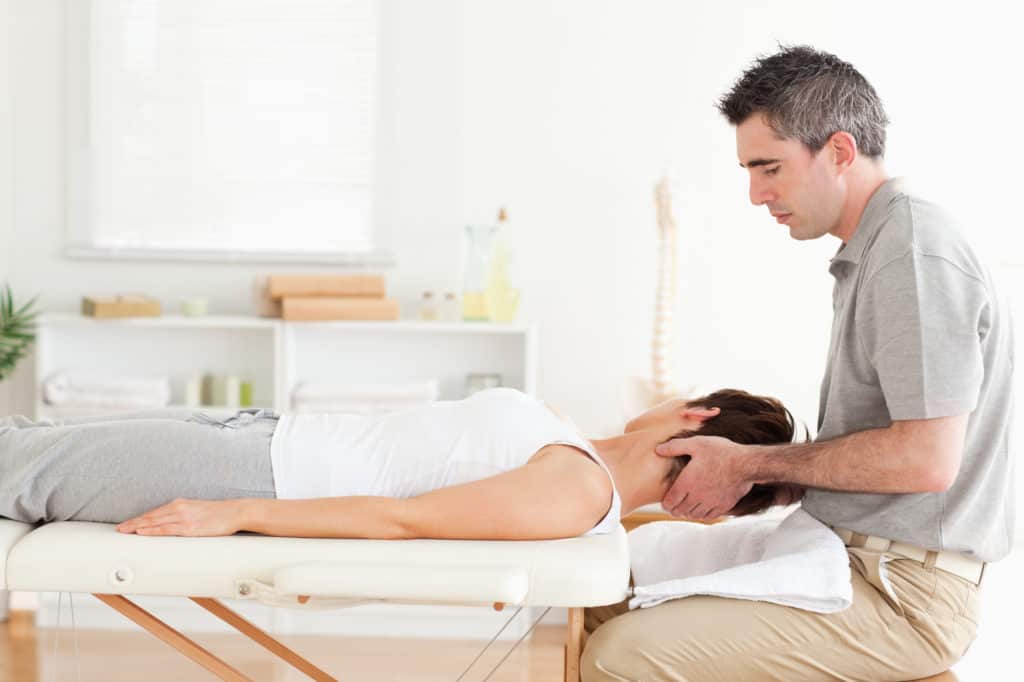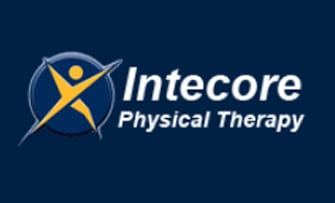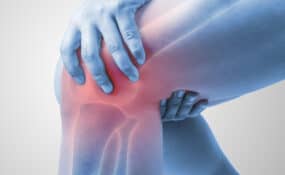Whenever you have pain in your head, we call it a “headache.” But like the numerous causes, there are also various kinds of headaches.
There are two main types of headaches. The International Headache Society describes the different types of primary headaches as:
- Migraine/Cluster
- Facial pain, cranial neuralgia, etc.
- Cervicogenic/muscle-spasm headaches
Secondary headaches also occur because of underlying conditions like infections, fever, sinus-related or more severe medical conditions, and medication side effects.
For example, they’re common with hypertension (high blood pressure) and disease affecting the blood vessels in the brain. In addition, people suffering from neurological issues like an injury to the spinal cord, brain trauma, or multiple sclerosis (MS) are more prone to headaches.
Generally, headaches resolve themselves on their own and are harmless. However, it can be challenging to carry out your day-to-day activities if you suffer from severe persistent headaches. It’s miserable, too – often leaving you with no option other than canceling everything and going to lie in a darkened room until the headache passes naturally.
We can treat almost every kind of headache. But first, we need to determine the type of headache you have and find the root cause before we can create a treatment plan to help relieve the symptoms and frequency of your headaches.
If you suffer from regular headaches, you’re not alone – three-quarters of the world’s population had at least one headache in the last year.
More Blogs From Intecore
Killer Stress: What Is It Doing To Your Health?
Tennis Elbow: What You Need To Know
Flat Feet: How Can Physical Therapy Help?
What REALLY Causes Headaches
Headaches are among the most common physical ailments. Unfortunately, they’re challenging to manage and endure if you get them frequently.
When you have a headache, it might feel like the problem is inside your head – because that’s where you feel the throbbing, searing, or stabling pain. But the real cause of most headaches originates from the neck and/or muscle spasms.
Cervicogenic (originating in the neck) or muscle spasm-related headaches are the most common of all types of headaches.
There are several reasons for them, including stress, jaw or neck issues, and fatigue. Medical problems like arthritis or any injury to the head, jaw, or neck can also lead to a buildup of stress towards the back of the head.
This stress causes pressure on the nerves of the head and face, which contributes to the development of headaches. In addition, chronically poor posture can lead to muscle fatigue in the head, neck, and shoulders, which can also cause a headache.
Other common causes of headaches include:
- Viral infections like the common cold, coronavirus, or the flu
- Chronic stress, depression, and/or anxiety
- Excess alcohol consumption
- Dehydration and not drinking enough water
- Poor posture
- Eye strain from computer use or vision problems
- Undereating
- Medication side effects
- Hormones (PMS, Menopause, PCOS, or another hormonal imbalance)
If you suffer from severe migraine headaches. The all-consuming headaches that have additional symptoms like nausea and sensitivity to light, there is thought to be hereditary factors, and they can run in families.
But some doctors believe this may be due to shared environmental factors like certain foods, allergens, cigarette smoke, or other chemicals that are present in the household.
Common Triggers For Headaches
Some other common triggers for migraine headaches are reported as:
- Drinking alcohol
- Caffeine
- Eating chocolate, cheese, sauerkraut, kimchi, or other probiotic foods
- Jet lag, nightshift, or other changes to sleeping patterns
- Fluorescent lighting
- Excess noise exposure
- Thunderstorms and other extreme weather or a drop in air pressure
- Stress
What Are The Symptoms Of A Headache?
Muscle spasm-related headaches start at the back of the head and radiate towards the sides and top of the head. They may also cause facial pain near the jawbone. With a muscle spasm-related headache, you may also have pain all over the head that accompanies a general feeling of “tightness .
“When you have this type of headache, the pain can increase in intensity when you change positions, such as sitting upright at a desk or bending forward. Conversely, the pain might reduce when you’re at rest.
Other symptoms of headaches are:
- Cluster Headaches: Intense pain that tends to center around one eye. The pain can be intermittent or persistent. Sometimes, the physical appearance of the affected eye will change when you have a cluster headache. For instance, your eyelid may droop, or the eye may look red, bloodshot, or watery. But the most noticeable symptom of cluster headaches is that they happen in “clusters.” You might get multiple headaches daily during one of these “clusters” and then nothing for weeks or months until they return. Some patients report being woken up in the middle of the night by cluster headaches. Unusually when it comes to headaches, men are much more likely to suffer from cluster headaches than women.
- Ice pick Headaches: As the name suggests, ice pick headaches feel like someone is chipping away at your skull with an ice pick. Thankfully, these intense headaches don’t last long – often just a few seconds.
- Thunderclap Headaches: If you’ve ever had a thunderclap headache, you would know about it because they’re arguably the worst type of headache. They come on suddenly and are often a warning sign of a severe underlying condition such as a stroke or other problems with the blood vessels in the brain.
How Physical Therapy Can Fix Your Headaches
While every professional physical therapist must undergo extensive training and develop the expertise to treat various conditions, it’s still essential to look for a “board certified” physical therapist qualified in neurologic physical therapy, orthopedic physical therapy, or musculoskeletal specialists working with the head and neck, like the team at Intecore Physical Therapy.
When treating a patient with headaches, we first conduct a complete physical examination – of your head, neck, spine, and the rest of your body. While also reviewing your medical history. Depending on your specific set of circumstances and the type of headaches you have, we may also:
- Ask you about earlier injuries to the jaw, head, or neck
- Check your posture in different positions like standing, sitting, and walking
- Ask about your symptoms in detail, including the exact location and duration of your typical headaches
- Check your range of motion in the shoulders and neck
- Carry out tests to determine sensation and muscle strength
- Use manual therapy to check the mobility of muscles and joints of the neck
Once we determine the cause of your headaches, for instance, if we decide they relate to muscle spasms, we design a treatment plan to alleviate your pain and specific symptoms, likewise, in other kinds of headaches – cluster headaches, sinus-related headaches, or migraines.
We also combine particular forms of therapy to treat the root cause, reduce the frequency and intensity of your headaches, and ultimately eliminate them over time.
Overall, we work with you over several therapy sessions to relieve the issues that are causing you pain and discomfort to prevent headaches from occurring in the first place. To do this, we use a combination of therapeutic movement and exercise, strength training, myofascial release, manual therapy, joint manipulation, and lifestyle interventions (if required).
How We Can Help Your Headaches
Our physical therapy programs can help prevent future headaches:
- Improve strength: We instruct and guide you in increasing muscle endurance to strengthen the neck and upper back. This strengthening helps you develop a better posture and make it comparatively easier to remain standing or seated for extended periods without muscle tension and/or developing a headache.
- Work on neck mobility: The neck is important for headaches. We use a specialized manual therapy technique to increase the mobility in your neck while stretching the neck and back muscles and alleviating pain.
- Improve your posture: Your posture plays a crucial role in your well-being. Maintaining a good posture can prevent many musculoskeletal-related issues, including headaches. For example, adjusting the shoulder blades, so they are appropriately aligned to push the chest outwards. To simple modifications that can significantly affect overall well-being and prevent headaches.
- Relieve stress: Pressure buildup can cause tension in the neck and shoulder muscles, which are major causes of headaches. We create an exercise and stretching program for you at home that ensures you are getting regular physical exercise and preventing stress buildup in the body.
If required, we may also suggest that you make changes to your desk or workstation at home or in the office by incorporating the following:
Changing the position and elevation of your laptop/computer and the mouse – so the screen is at eye level and you’re not stretching, twisting, or bending to see the screen and/or use the mouse.
Getting an ergonomically designed chair that offers ample back support
Switching to a headset instead of holding the phone at your ear for long periods.
Time To Contact Us
If you’ve been getting frequent headaches or migraines and are tired of being in pain, it’s time to take action.
Our physical therapy programs can help tackle any chronic headaches and can also aid in the prevention of future pain.
Pick up the phone now and see how we can get you started on your journey towards a pain-free future.
Still not sure, what we can do for you? Why not try our free discovery visit and talk to a specialist today.
- Why Regular Body Maintenance is Crucial for Long-Term Health - April 21, 2024
- 3 Things Aggravate Knee Pain After Biking and How to Ease It - April 14, 2024
- Runners Knee Stretches: Top 5 Stretches Every Runner Needs to Know - April 7, 2024

